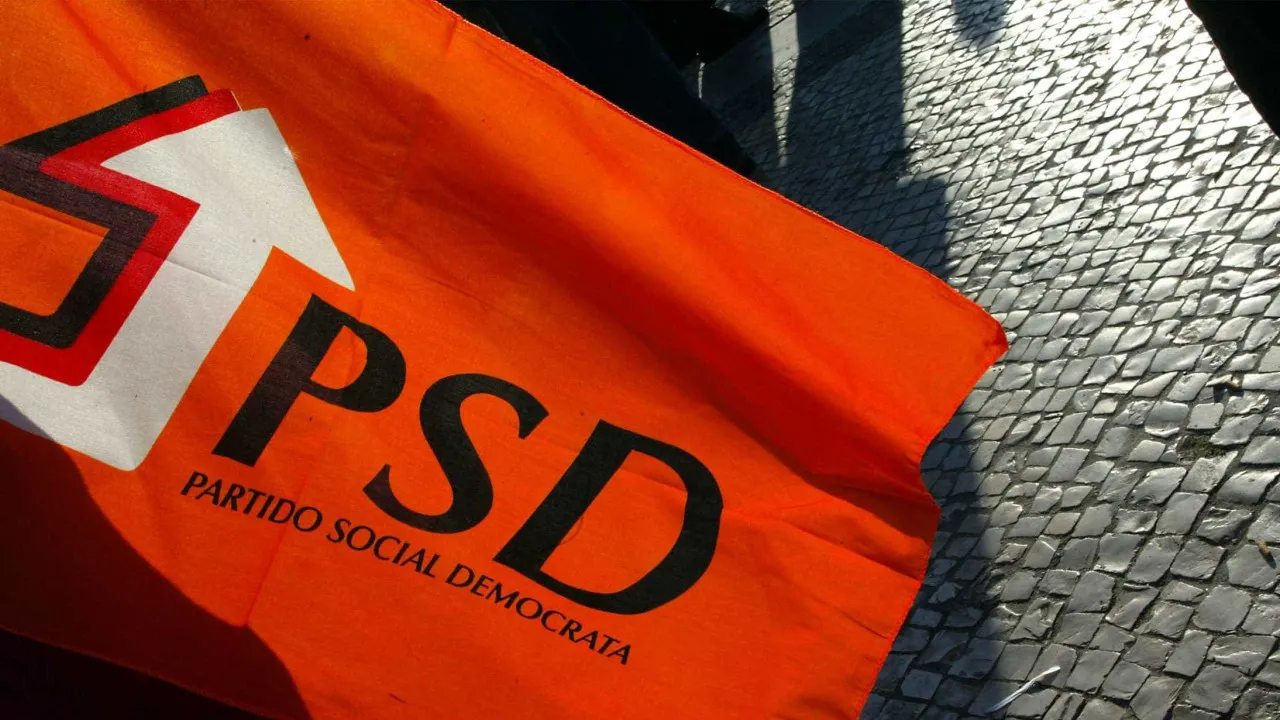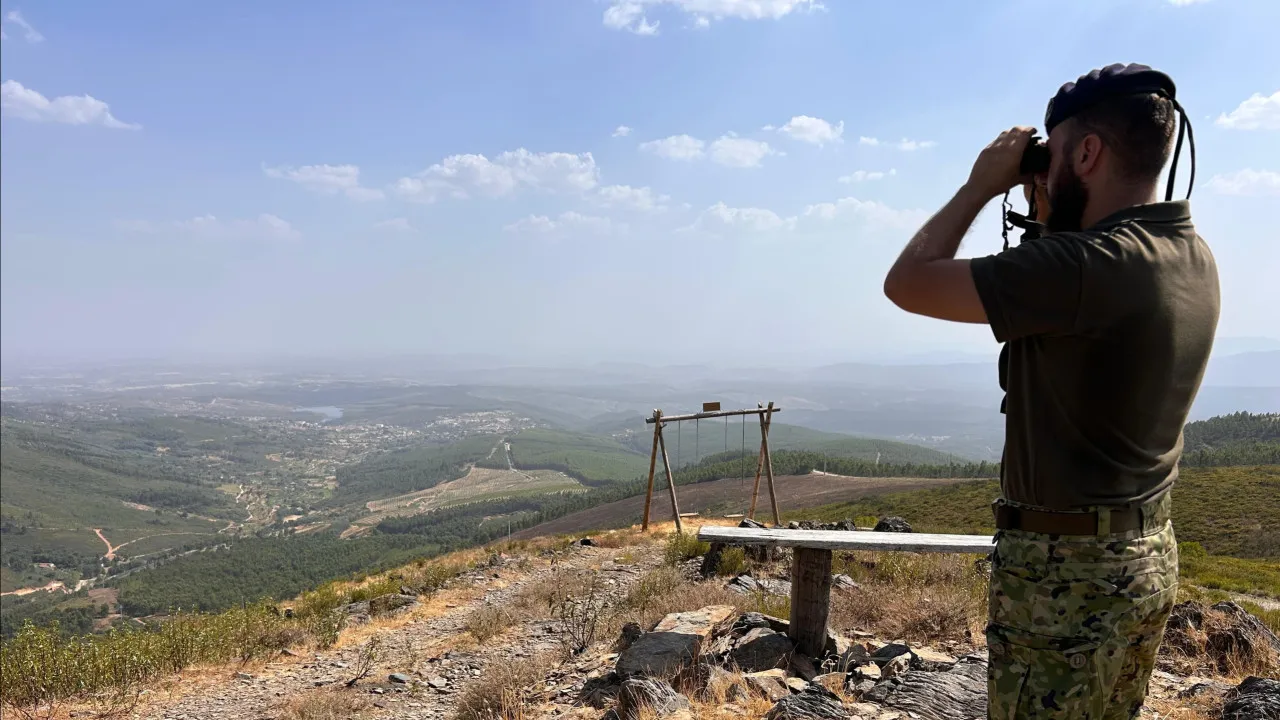
The goal set for October 12 is clear in Luís Montenegro’s strategic proposal: to reclaim leadership of the National Association of Portuguese Municipalities (ANMP) and the National Association of Parishes (Anafre), necessitating a shift in power dynamics with the PS, which currently presides over 35 more municipalities than the Social Democrats.
A strong focus will be on the Metropolitan Areas of Lisbon and Porto, where the PSD aims to retain leadership in municipalities it already controls—such as Lisbon or Cascais—and seek victory in areas with mandatory leadership changes, like Porto, Gaia, or Sintra.
Following 2013 and 2017, when under Pedro Passos Coelho, the PSD recorded its lowest ever results in local elections—winning 106 and 98 presidencies consecutively—in 2021, under Rui Rio, the trend reversed.
Four years ago, the PSD secured 114 municipalities (72 independently and 42 in coalition), reclaiming Lisbon, Coimbra, Portalegre, or Funchal, and reducing the gap with the socialists from 63 to 35 municipalities.
In the upcoming local elections, the PSD will not run in only three of the 308 municipalities in the country (all in Alentejo) and in more than half, it will join forces with other parties, notably forming new alliances with IL, while maintaining no pre-electoral coalition with Chega.
According to data provided by the PSD’s municipal coordinator, Pedro Alves, the party will contest 149 municipalities independently and form 156 coalitions: of these, 114 are solely with the CDS (with the Christian Democrats leading in four), six only with IL, 17 involving the three parties, and 19 including other parties such as MPT or PPM.
Among coalitions with the liberals, the most notable cases are in Lisbon, where IL now supports Carlos Moedas’s re-election bid, unlike four years ago—after challenging negotiations with CDS-PP over seat distribution—and former minister Pedro Duarte’s candidacy in Porto, aiming to reclaim the second-largest capital municipality after three terms by independent Rui Moreira.
In eight municipalities, PSD will support independent candidates, including former PSD minister Isaltino Morais in Oeiras or former CDU mayor Maria das Dores Meira in Setúbal (against local structures’ wishes), and others like Marinha Grande or Idanha-a-Nova. In Figueira da Foz, former PSD president turned independent Pedro Santana Lopes will head a PSD/CDS-PP list.
PSD has nominated 48 women for mayoral positions (about 15% of the total) and has 19 mayors ineligible for re-election due to term limits (the number was more than double four years ago, but many have since been succeeded by potential replacements).
Among the most notable departures are the mayors of Cascais, Carlos Carreiras, Braga, Ricardo Rio, and Aveiro, Ribau Esteves.
Aside from Setúbal, choices for Aveiro (Luís Souto Miranda) or Guarda (João Prata) have sparked internal divisions, and Espinho’s choice (Jorge Ratola) was even contested by Ricardo Sousa, who was appointed by the local council for the PSD’s National Jurisdiction Council, in an unresolved process.
Seven PSD municipal presidential candidates are deputies who must resign their mandates if they win: Cristóvão Norte (Faro), Emídio Guerreiro (Gondomar), Hugo Oliveira (Caldas da Rainha), Gonçalo Valente (Ourique), Ricardo Araújo (Guimarães), Sofia Carreira (Leiria), and Sonia dos Reis (Grândola).
In the 2021 local elections, the PSD ran independently in 153 municipalities, formed 146 coalitions with CDS-PP (leading 142, with the other four led by the Christian Democrats), and supported nine independent citizen lists (mainly in the Azores and Madeira).




